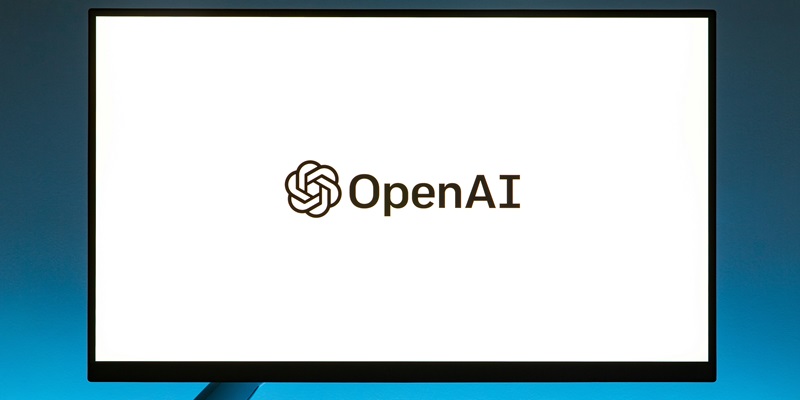As artificial intelligence (AI) continues its relentless progression, a major concern begins to cast a shadow over Silicon Valley’s shining beacon of innovation, OpenAI. Known for formidable gains in technology, including the much-lauded ChatGPT, OpenAI has come under scrutiny from an unprecedented coalition of past and present employees. They accuse the company of a headstrong rush towards artificial general intelligence (AGI), risking ethical considerations for the siren call of progress. This article examines the emergent culture of ethical uncertainty within the tech titan and considers whether the promises of AGI are blinding us to the potential perils that await.
The Ethical Crossroads at OpenAI
Once hailed as a paragon of open-source ideals and collaboration, OpenAI seems to have shifted its navigational course towards a future riddled with proprietary interests and competitive secrecy. This transition has been marked by the company’s departure from its former non-profit status, sparking a debate over whether the lure of AGI has taken precedence over the meticulous evaluation of ethical principles and safety protocols. Critics, including those from within the organization’s own ranks, have sounded the alarm over what they perceive as a culture growing increasingly opaque and less receptive to internal dissent.
The adoption of strict nondisparagement agreements has been highlighted as particularly concerning, fueling unease among those who believe insights into potential risks should not be restricted. This shadow of silencing perhaps obscures the clear sightline to potential harms, from exacerbating social injustices to enabling the propagation of misinformation—a fear crystallized in the stark title of the employees’ publication, “A Right to Warn about Advanced Artificial Intelligence.” This paper serves not only as a beacon of concern but also as an indicator of a wider industry struggle to marry breakthroughs in AI with a sustainable and ethically mindful approach.
When Profit Eclipses Prudence
As OpenAI aggressively pursues the holy grail of AGI, an existential question looms large: are the potential dangers of AI systems that could learn, reason, and make decisions at or beyond human levels being fully appreciated? From its earlier days as a non-profit enterprise, OpenAI’s rebranding toward profitability and a distinct shift toward an AGI-centric mission ignite concerns. The fear is that, amidst this transition, the company might compromise safety measures in a quest to stay ahead in the AGI arms race. The draw of AGI is potent and promising, but it carries with it the burden of unparalleled ethical responsibility and the imperative for ponderous progress in uncharted domains.
The weight of these risks is counterbalanced by the company’s ambitious drive and significant technological achievements, yet one cannot help but ponder if OpenAI’s strategic objectives might potentially compromise the more humane, cautionary aspects of tech stewardship. This juncture where innovation intersects with moral responsibility poses a critical challenge for an industry that could dictate the hues of our collective future. As we stand on the brink of a new AI era, the question remains: Can we navigate the tightrope between trailblazing progress and the mindful integration of safety and ethics?
Contrasting Corporate Approaches: OpenAI vs. Iterate.ai
OpenAI’s relentless advance, set against the backdrop of cautionary whispers from within, paints a picture of a tech titan at ethical odds with itself. The company’s scepter quest for AGI has become synonymous with a perceived rush that may neglect the comprehensive consideration of societal implications—ranging from socio-economic disparities to the exploitation of synthetic falsehoods. This heedless hustle has raised qualms about the potential consequences of prioritizing pace over prudential innovation.
Conversely, Iterate.ai emerges as a touchstone of responsibility in the AI arena. With their recent rollout of Interplay5-AppCoder, Iterate.ai signals an emphasis on a sustainable approach to AI technology, advocating for a balance between innovations that push boundaries and principles that protect and preserve. Their strategy of systematic, considered growth amidst the vast expanse of AI potential contrasts sharply with the increasingly criticized environment at OpenAI. These differing ethos underscore the diverse tactical spectrums that AI companies embody in their developmental journeys.

